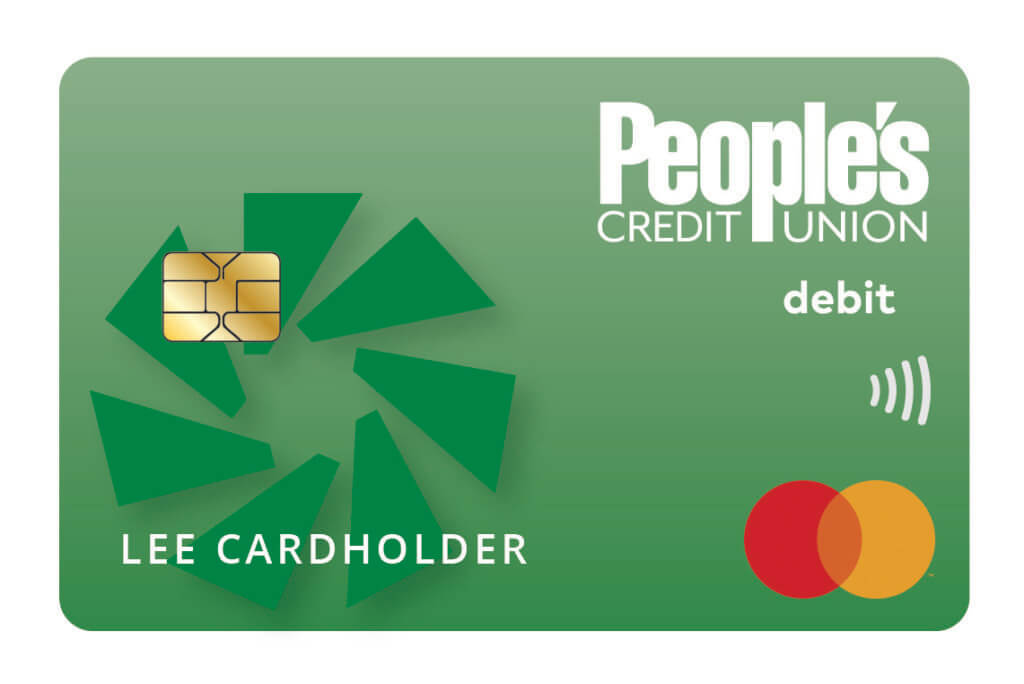If you’re charged every month for a service you didn’t sign up for – or one you canceled – you could be the victim of an automatic withdrawal scam.
Authorized automatic withdrawals from your financial accounts for things like a gym membership, car loan payments, or other long-term services can make bill paying so much easier. They may make it easier for criminals to steal your money, too. Here’s how to watch out for automatic withdrawal scams and ways to stay protected.
How Automatic Withdrawal Scams Work
For a business to withdraw funds, you don’t always have to sign a check. They need only your account information to make what’s called a demand draft. It’s easy and simple to do, and scammers count on that simplicity to trick you into giving them access to your money. But, by law, you must provide authorization first. An automatic withdrawal scam can happen in a few different ways.
- Free Trial Offer
You sign up for a free trial offer and are asked to provide your account information. But even if you cancel before the free trial ends, the business keeps charging you. It may just be a small amount, but over time, these charges can add up.
- Credit Card Offer
You get an offer for a loan or credit card for people with bad credit. The catch? You have to provide your checking account to verify you have a relationship with a financial institution. Once you provide it, the scammers make withdrawals from your account.
- Prize Winnings
You’re told you’ve won a phony prize or lottery winnings – but you need to provide your banking information to take care of taxes or process fees. No prize is forthcoming, but funds are withdrawn from your account.
How to Protect Yourself
To avoid falling victim to an automatic withdrawal scam, you can do the following:
- If someone calls and requests your account information for verification purposes, DON’T provide it. You should only have to provide your financial account information to a business if you plan to pay them directly from your account.
- Be sure to read the fine print for any offer, and make sure you know how to cancel the service.
- If filling out an online form, uncheck any boxes that sign you up for automatic billing or an extra service you don’t want.
- Make sure the business is trustworthy. A quick online search will help you check their reputation.
- Monitor your checking account for unfamiliar transactions. If you discover unauthorized charges – or worse, discover your account is overdrawn because of them – act immediately.
